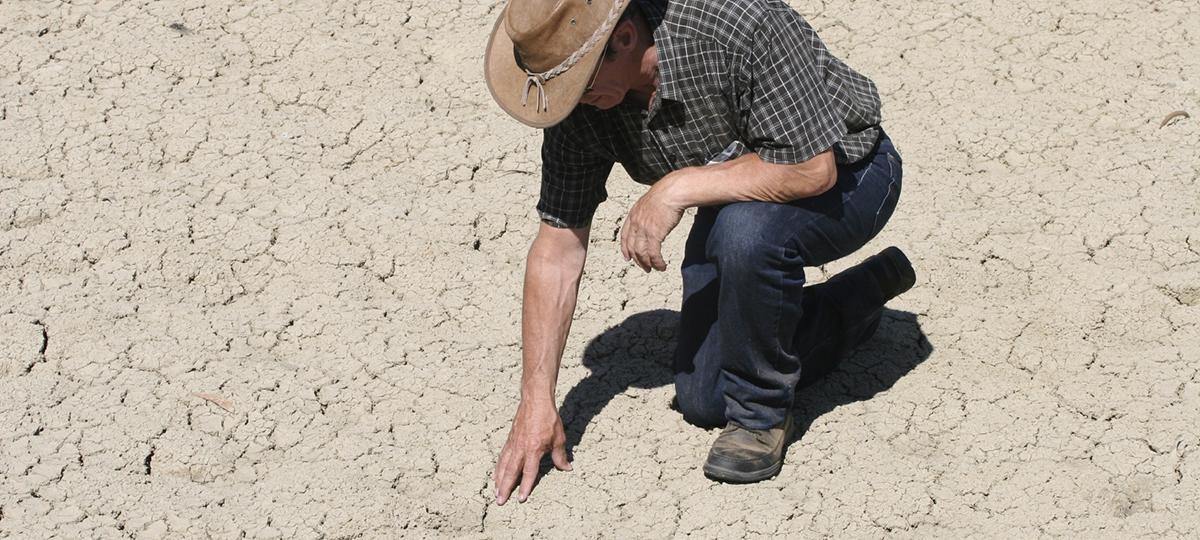Union of Concerned Scientists Inform on Climate Impacts in the US
Global warming is already having significant and costly effects on our communities, our health, and our climate.
Unless we take immediate action to reduce global warming emissions, these impacts will continue to intensify, grow ever more costly and damaging, and increasingly affect the entire planet — including you, your community, and your family.
Rising seas and increased coastal flooding
Average global sea level has increased eight inches since 1880, but is rising much faster on the U.S. East Coast and Gulf of Mexico. Global warming is now accelerating the rate of sea level rise, increasing flooding risks to low-lying communities and high-risk coastal properties whose development has been encouraged by today’s flood insurance system.
Learn more:
- When Rising Seas Hit Home: Hard Choices Ahead for Hundreds of US Coastal Communities
- Causes of Sea Level Rise: What the Science Tells Us
- Encroaching Tides: How Sea Level Rise and Tidal Flooding Threaten U.S. East Coast and Gulf Coast Communities over the Next 30 Years
- Surviving and Thriving in the Face of Rising Seas
Longer and more damaging wildfire seasons
Wildfires are increasing and wildfire season is getting longer in the Western U.S. as temperatures rise. Higher spring and summer temperatures and earlier spring snow-melt result in forests that are hotter and drier for longer periods of time, priming conditions for wildfires to ignite and spread.
Learn more:
More destructive hurricanes
While hurricanes are a natural part of our climate system, recent research indicates that their destructive power, or intensity, has been growing since the 1970s, particularly in the North Atlantic region.
Learn more:
More frequent and intense heat waves
Dangerously hot weather is already occuring more frequently than it did 60 years ago—and scientists expect heat waves to become more frequent and severe as global warming intensifies. This increase in heat waves creates serious health risks, and can lead to heat exhaustion, heat stroke, and aggravate existing medical conditions.
Learn more:
Military bases at risk
Rising seas will increasingly flood many of our coastal military bases.
Learn more:
National landmarks at risk
The growing consequences of climate change are putting many of the country’s most iconic and historic sites at risk, from Ellis Island to the Everglades, Cape Canaveral to California’s César Chávez National Monument.
Learn more:
Widespread forest death in the Rocky Mountains
Tens of millions of trees have died in the Rocky Mountains over the past 15 years, victims of a climate-driven triple assault of tree-killing insects, wildfires, and stress from heat and drought.
Learn more:
Costly and growing health impacts
Climate change has significant implications for our health. Rising temperatures will likely lead to increased air pollution, a longer and more intense allergy season, the spread of insect-borne diseases, more frequent and dangerous heat waves, and heavier rainstorms and flooding. All of these changes pose serious, and costly, risks to public health.
Learn more:
An increase in extreme weather events
Strong scientific evidence shows that global warming is increasing certain types of extreme weather events, including heat waves, coastal flooding, extreme precipitation events, and more severe droughts. Global warming also creates conditions that can lead to more powerful hurricanes.
Learn more:
Heavier precipitation and flooding
As temperatures increase, more rain falls during the heaviest downpours, increasing the risk of flooding events. Very heavy precipitation events, defined as the heaviest one percent of storms, now drop 67 percent more precipitation in the Northeast, 31 percent more in the Midwest and 15 percent more in the Great Plains than they did 50 years ago.
More severe droughts in some areas
Climate change affects a variety of factors associated with drought and is likely to increase drought risk in certain regions. As temperatures have warmed, the prevalence and duration of drought has increased in the western U.S. and climate models unanimously project increased drought in the American Southwest.
Learn more:
Increased pressure on groundwater supplies
As the climate changes in response to global warming, longer and more severe droughts are projected for the western US. The resulting dry conditions will increase the pressure on groundwater supplies as more is pumped to meet demand even as less precipitation falls to replenish it. In California, water and wastewater utilities have an opportunity to significantly increase clean energy in the state’s water sector.
Growing risks to our electricity supply
Our aging electricity infrastructure is increasingly vulnerable to the growing consequences of global warming, including sea level rise, extreme heat, heightened wildfire risk, and drought and other water supply issues.
Learn more:
Changing seasons
Spring arrives much earlier than it used to — 10 days earlier on average in the northern hemisphere. Snow melts earlier. Reservoirs fill too early and water needs to be released for flood control. Vegetation and soils dry out earlier, setting the stage for longer and more damaging wildfire seasons.
Melting ice

Temperatures are rising in the planet’s polar regions, especially in the Arctic, and the vast majority of the world’s glaciers are melting faster than new snow and ice can replenish them. Scientists expect the rate of melting to accelerate, with serious implications for future sea level rise.
Disruptions to food supplies

Rising temperatures and the accompanying impacts of global warming — including more frequent heat waves, heavier precipitation in some regions, and more severe droughts in others — has significant implications for crop and meat production. Global warming has the potential to seriously disrupt our food supply, drive costs upward, and affect everything from coffee to cattle, from staple food crops to the garden in your backyard.
Destruction of coral reefs

As global temperatures rise, so too do average sea surface temperatures. These elevated temperatures cause long-term damage to coral reefs. Scientists have documented that sustained water temperatures of as little as one degree Celsius above normal summer maxima can cause irreversible damage.
Plant and animal range shifts

A changing climate affects the range of plants and animals, changing their behavior and causing disruptions up and down the food chain. The range of some warm-weather species will expand, while those that depend on cooler environments will face shrinking habitats and potential extinction.
The potential for abrupt climate change
Scientists know that Earth’s climate has changed abruptly in the past. Even though it is unlikely to occur in the near future, global warming may increase the risk of such events. One of the most significant potential mechanisms is a shift in an ocean circulation pattern known as thermohaline circulation, which would have widespread consequences for Europe and the U.S. East Coast.
We Need Your Support
to Make Change Happen
We can reduce global warming emissions and ensure communities have the resources they need to withstand the effects of climate change—but not without you. Your generous support helps develop science-based solutions for a healthy, safe, and sustainable future.














